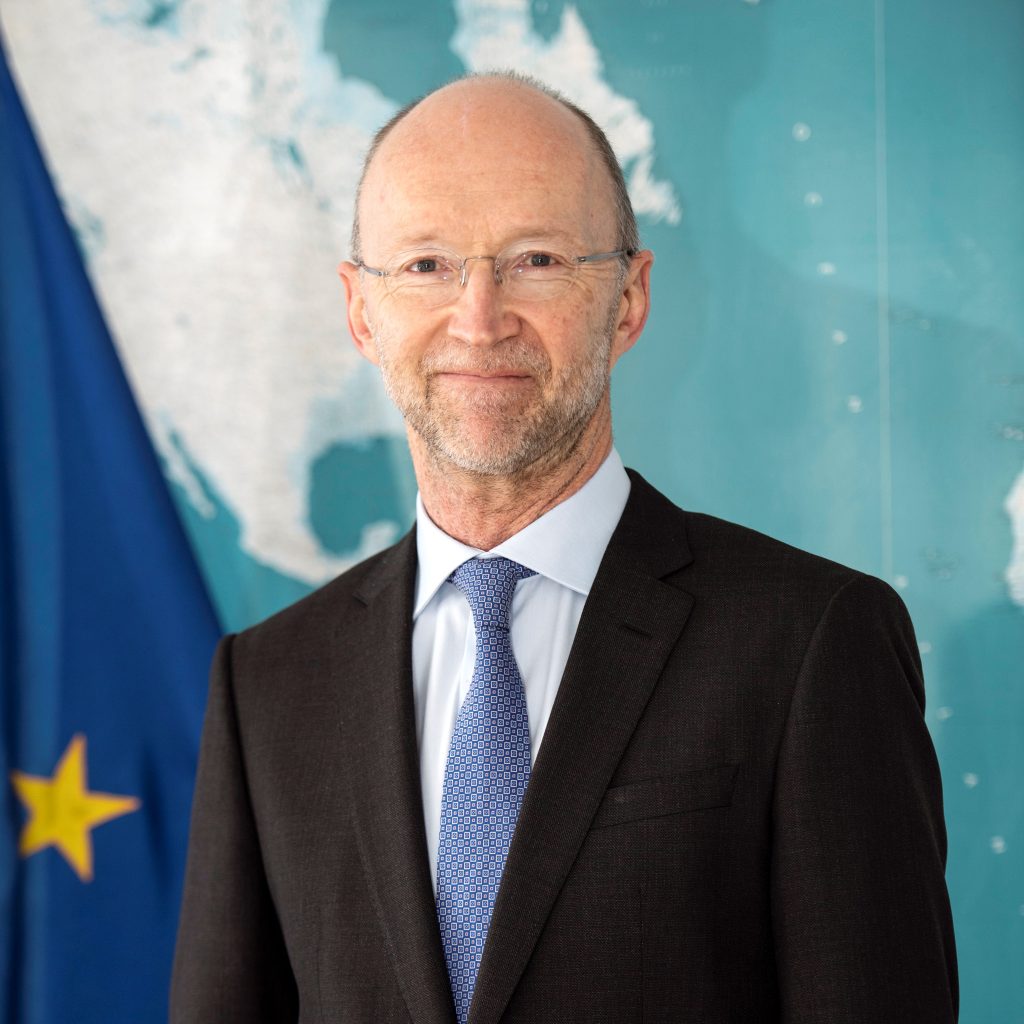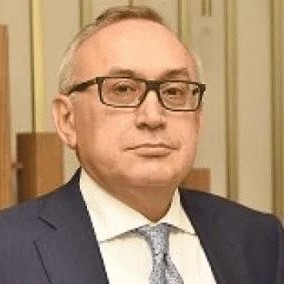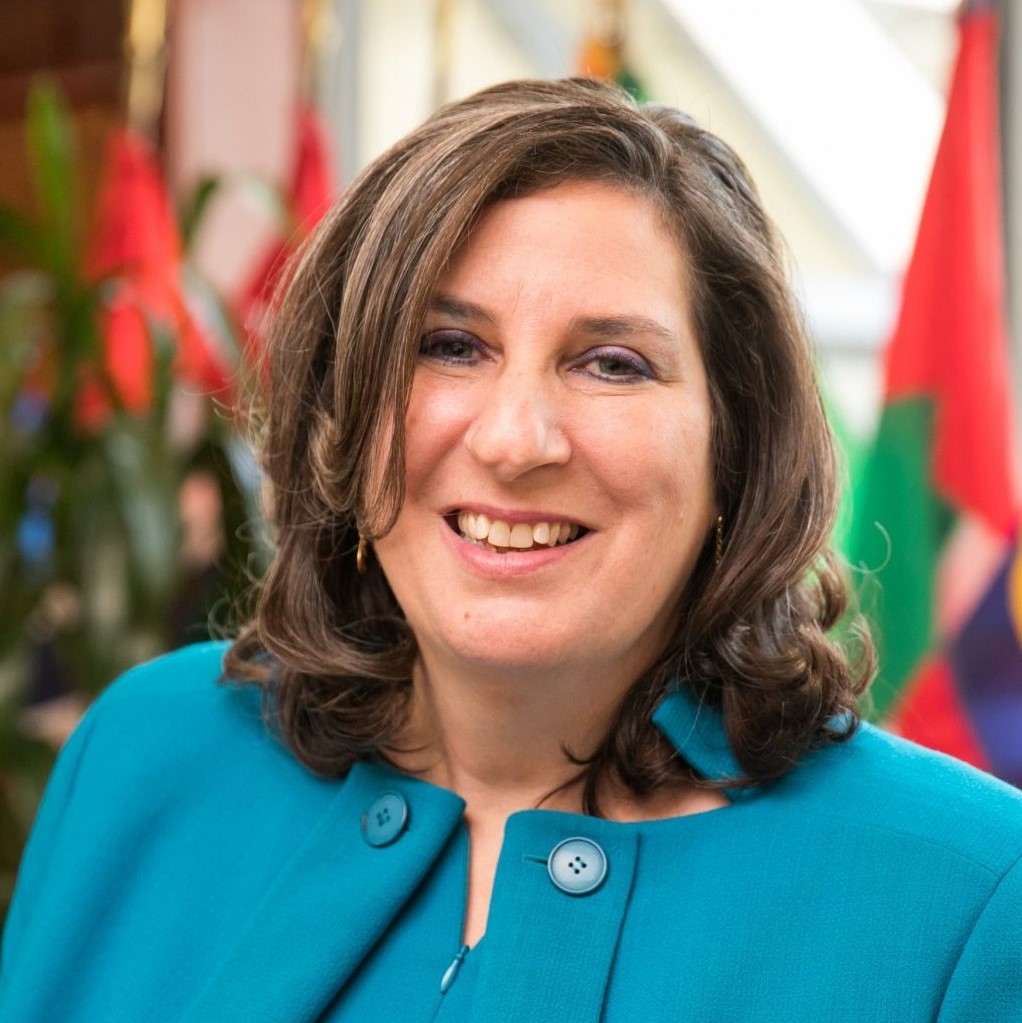On Friday, August 5, 2022 the Atlantic Council Global Energy Center and Atlantic Council IN TURKEY held a discussion on the memorandum of understanding between the European Union and Azerbaijan to increase natural gas exports through the Southern Gas Corridor and strengthen climate collaboration.
Europe has redoubled its commitments to energy diversification in wake of Russia’s invasion of Ukraine, exemplified by its new REPowerEU plan. Increasing the supply of natural gas from the Caspian Basin through the Southern Gas Corridor is one facet of the strategy to decrease dependence on Russian energy, a key goal in the interests of both the Europe and the United States. An idea decades in the making and the product of work and cooperation between transatlantic and regional partners, the Southern Gas Corridor has since 2020 provided an alternative supply of natural gas to Europe through the Southern Caucasus Pipeline, across Turkey through the Trans-Anatolian Pipeline and culminating in the Trans-Adriatic Pipeline. The new memorandum of understanding will increase utilization of the Corridor, calling for gas supplies to be doubled by 2027.
Meanwhile, the EU-Azerbaijan strategic partnership also delivers commitments to cooperate on methane abatement and renewable energy deployment, which can advance in tandem the European Union’s energy security and net zero ambitions. In this public virtual event, experts will discuss the implications of deepening energy and climate cooperation between the European Union and Azerbaijan.
A conversation with

Matthew Baldwin
Deputy Director-General, Directorate-General for Energy
European Commission

Vitaliy Baylarbayov
Deputy Vice President for Investments and Marketing
SOCAR

Brenda Shaffer
Nonresident Senior Fellow, Global Energy Center
Atlantic Council
Moderated by

Ambassador Richard L. Morningstar (ret.)
Founding Chairman, Global Energy Center
Atlantic Council
Welcoming remarks

Defne Arslan
Senior Director, Atlantic Council IN TURKEY
Atlantic Council

The Atlantic Council in Turkey aims to promote and strengthen transatlantic engagement with the region by providing a high-level forum and pursuing programming to address the most important issues on energy, economics, security, and defense.

The Global Energy Center develops and promotes pragmatic and nonpartisan policy solutions designed to advance global energy security, enhance economic opportunity, and accelerate pathways to net-zero emissions.